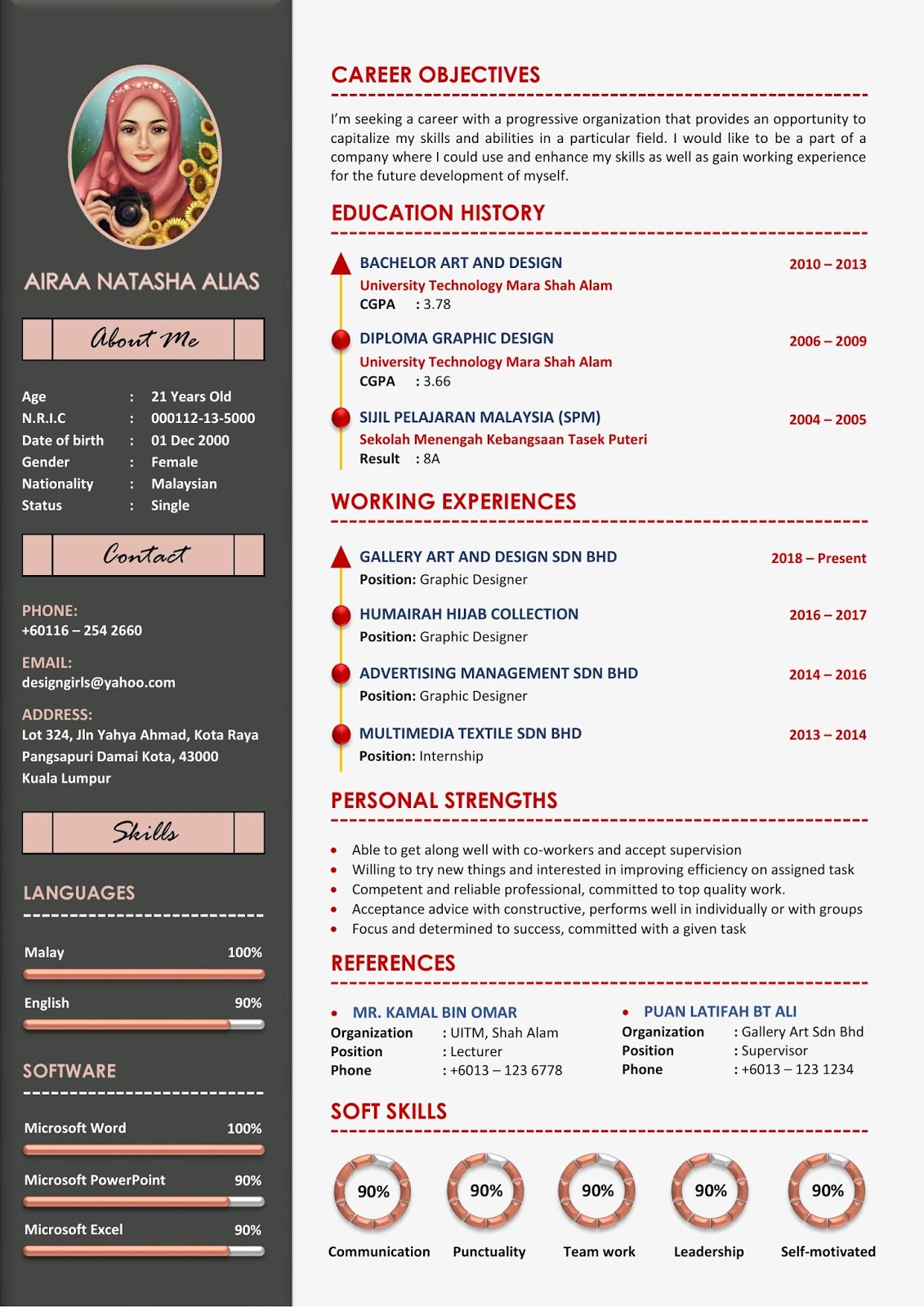Resume vs. CV: What's the Difference & Which Do You Need?
In the competitive job market, first impressions are paramount. Your application materials are often the first glimpse a potential employer gets of your qualifications and suitability for a role. Two terms often cause confusion and even trepidation for job seekers: resumes and CVs. Are they the same? What makes them different? Choosing the right document can be the difference between landing an interview and your application ending up in the "no" pile.
Understanding the nuances of a resume versus a CV is essential for navigating the modern job market. While both serve as summaries of your professional background, they cater to different audiences and purposes. A resume acts as a concise snapshot, highlighting your skills and experience most relevant to a specific job opening. Conversely, a CV offers a comprehensive and chronological account of your entire academic and professional journey.
The confusion often stems from the terms themselves. "Resume" is French for "summary," which accurately reflects its purpose. In contrast, "CV" stands for the Latin "curriculum vitae," meaning "course of life." This difference in meaning underscores the fundamental distinction between the two documents. A resume is a brief, targeted sales pitch, while a CV is a detailed narrative of your professional life.
Choosing the wrong format can be detrimental to your job application. A lengthy CV submitted for a position that specifically requests a resume might signal to the hiring manager a lack of attention to detail and an inability to follow instructions. Similarly, a resume might be insufficient when applying for academic positions or fellowships, where a comprehensive CV is the expected norm.
This article delves into the key differences between a resume and a CV, guiding you through when to use each and how to tailor your application materials to maximize your chances of success. Whether you're a recent graduate entering the workforce or a seasoned professional seeking new opportunities, understanding these crucial differences can make your job search more focused and effective.
While the terms "resume" and "CV" are often used interchangeably, particularly in the United States, recognizing the distinctions is crucial for presenting yourself effectively to potential employers worldwide. In certain countries and industries, the expectations surrounding these documents are firmly established. For instance, in academia, scientific research, and many European countries, a CV is the standard format for job applications.
The rise of online application systems and professional networking platforms has further blurred the lines between resumes and CVs. However, understanding the core purpose and target audience of each document remains paramount. By tailoring your application materials to align with industry standards and specific job requirements, you demonstrate professionalism, adaptability, and a keen understanding of the hiring landscape.
Advantages and Disadvantages of Resumes and CVs
To further illustrate the differences, let's examine the advantages and disadvantages of each:
| Feature | Resume | CV |
|---|---|---|
| Length | Concise (typically 1-2 pages) | Comprehensive (can be several pages) |
| Focus | Tailored to a specific job | Broad overview of career history |
| Content | Highlights skills and experience relevant to the position | Includes detailed information about education, publications, presentations, etc. |
| Ideal for | Most job applications in the US and Canada | Academic positions, research roles, international applications |
While there are no hard and fast rules when it comes to choosing between a resume and a CV, the general guideline is to prioritize clarity and relevance. Always research the specific expectations of the industry and role you're targeting. Your goal is to present your qualifications in the format most likely to resonate with the hiring manager and secure you an interview.
Remember, your resume or CV is a reflection of your professional identity. By understanding the key distinctions and best practices for crafting compelling and informative documents, you can showcase your skills, experience, and potential to prospective employers effectively.

PERBEZAAN RESUME & CURRICULUM VITAE (CV) | YonathAn-Avis Hai

beza resume and cv | YonathAn-Avis Hai

Fahami perbezaan resume dan CV | YonathAn-Avis Hai

Beza CV dan Resume Dari Segi Format, Isi dan Muka Surat | YonathAn-Avis Hai

Semua Patut Tahu Ini Beza Antara Resume, CV Dan Cover Letter | YonathAn-Avis Hai

Jangan Tertukar, Ini Beza Resume, CV, Resume Gabungan & Portfolio | YonathAn-Avis Hai

Apa Beza Cv Dan Resume Curriculum Vitae Atau Cv Adalah Cerita | YonathAn-Avis Hai

Ramai Yang Masih Keliru Beza Resume, CV & Cover Letter, Ini Definisi | YonathAn-Avis Hai

Apa Beza Cv Dan Resume | YonathAn-Avis Hai

6 Beza Resume & CV Yang Wajib Anda Tahu Untuk Mohon Kerja | YonathAn-Avis Hai

Beza Resume Dan Cv Perbezaan Antara Cv Curriculum Vitae Dan Resume | YonathAn-Avis Hai

Ini beza resume, CV, resume gabungan dan portfolio | YonathAn-Avis Hai

Mohd Ikhwan Abdul Rahman on LinkedIn: Beza CV dengan RESUME | YonathAn-Avis Hai

Beza CV dan Resume Dari Segi Format, Isi dan Muka Surat | YonathAn-Avis Hai

beza resume and cv | YonathAn-Avis Hai